This article was co-authored by Zora Degrandpre, ND and by wikiHow staff writer, Eric McClure. Dr. Zora Degrandpre is a Natural Health Doctor and Licensed Naturopathic Physician in Vancouver, Washington. She is a grant reviewer for the National Institutes of Health and the National Center for Complementary and Alternative Medicine. She received her ND from the National College of Natural Medicine in 2007.
There are 14 references cited in this article, which can be found at the bottom of the page.
This article has been viewed 88,214 times.
Itching your scalp over and over can get pretty obnoxious. Not only does itching mess your cool hairstyle up, but you may struggle to find relief even after scratching your head repeatedly as the inflamed skin gets aggravated. Luckily, there appears to be some evidence that certain essential oils may be able to improve your skin—at least according to a 2019 study from Journal of Ethnopharmacology.[1] You can either purchase a product with essential oils in it, or make your own product using olive or pumpkin seed oil as the base. An itchy scalp is a fairly common problem and is rarely a sign of anything serious, but it’s still worth getting checked out by a doctor or dermatologist if the itchiness won’t go away or you develop additional symptoms.
Steps
Choosing Your Oils
-
1Use tea tree oil to treat dandruff and soften your skin. Tea tree oil is well established as a great way to treat dry skin. It will naturally repair your skin and reduce the number of obnoxious flakes getting stuck in your hair. You’ll notice your dandruff clearing up in a few weeks with regular use. The anti-inflammation properties will also reduce your itchiness which should come as a major relief.[2]
Tip: Tea tree oil is one of the most popular ingredients in regular hair care products for a reason. It’s great for your skin and is likely the best option for general itchiness.[3]
-
2Opt for geraniol to clear out bacteria and replenish your scalp. Geraniol is an oil that is extracted from rose and palmarosa. It naturally fights off microbes that may be triggering the itchiness and won’t damage your skin. Geraniol will clear out any unwanted bacteria in your hair and give your skin time to repair itself. It’s also odorless, which is great if you’re trying to avoid strange aromas sticking to your hair.[4]
- Geraniol is a type of low-impact alcohol, so it may dry your hair out a little if you use a 10% solution. If you want to avoid this, stick with a 1-2% mixture or buy a product with a small amount of geraniol listed in the ingredients.
Advertisement -
3Go with chamomile if your skin is inflamed or your hair is falling out. Chamomile is a popular ingredient in hair care products for a reason. Chamomile reduces inflammation, which will soothe that annoying itch. As a bonus, it strengthens hair and smells great![5]
- Stay away from Roman chamomile. This is a different plant than regular chamomile (which is technically called German chamomile). Roman chamomile has not been studied as thoroughly when it comes to hair and the skin on your scalp.[6]
-
4Pick peppermint oil if you want to stimulate hair growth and soothe skin. Peppermint oil is a great choice if your scalp actually hurts and your hair is thinning out. The minty feeling will leave your skin feeling fresh, which may reduce some of the itchiness. Peppermint oil has also been proven to help hair grow, which is a great benefit if your hair is thinning or falling out.[7]
- The smell of mint has a tendency to wake people up a little as well. This makes it a great choice if you take morning showers to wake up!
Acquiring and Using Your Oil
-
1Purchase a shampoo that contains 2-10% of your essential oil. Since you’re putting the essential oil in your hair and on your skin, you’re safer off buying a high-quality product that is regulated by the government where you live. Essential oils can cause certain skin reactions, but a tested product that is regulated by your government is less likely to produce any negative side effects.[8]
- You can use a conditioner that contains essential oils if you prefer, but essential oils are more commonly found in shampoos.
-
2Buy high-quality oils from a reputable source. If you’re mixing the oils yourself, it’s important to only get the best products. Look for oils that are 100% organic and aren’t synthesized with unnatural chemicals. Research the brand ahead of time and look up reviews to see if the oil is high quality. You can purchase essential oils online or from a specialty store.[9]
- Keep in mind, you cannot use essential oils on your skin without diluting in a carrier oil first!
- Many brands publish independent research on their website that verifies the ingredients in their product. Look on the company’s website to see if they have any of these reports for you to look through.
-
3Use pumpkin seed oil or olive oil as a carrier for homemade products. If you’re mixing the essential oil yourself, use pumpkin seed oil or olive oil as the base for your haircare solution. Mix a solution so that your essential oil makes up 2-10% of the ingredients. Choose olive oil as your base if you want to minimize damage to your hair.[10] If you want to stimulate hair growth, use pumpkin seed oil.[11]
- A single drop typically contains 0.25–0.1 millilitres (0.051–0.020 tsp). To make a week’s worth of shampoo, fill a 120 mL (24 tsp) bottle with 72 drops of essential oil to make a 2% solution. You can adjust the ratio as you’d like, but don’t exceed 10% essential oil.
Tip: Only use carrier oils that are certified as organic. Inspect the labels carefully and research the company online to ensure that you aren’t putting harmful chemicals in your hair.
-
4Test the product in an inconspicuous area before putting it on your head. Take a drop of your product and rub it into your wrist to see how your skin reacts. Then, rub a small amount of the product into the end of a few strands of hair to see how it affects the texture and look. Wait 24 hours to see if you have a reaction. If you don’t have a skin reaction and you’re happy with the way your hair feels and looks, you’re good to go![12]
- This is especially important if you’re using a homemade product, since you need to make sure you won’t damage your skin when you apply it to your scalp. It’s probably fine, but it’s better to be safe than sorry!
- If your skin burns or hurts, wash your skin with soap and water and avoid using the essential oil again. If your hair dries out or changes color, shampoo your hair thoroughly and wash the soap out to remove the oil. It may simply be that essential oils are not right for you.
-
5Use the product in the shower and rinse the excess product out. To apply your product, get your hair thoroughly wet in the shower. Then, work a small amount into the roots of your hair the same way you normally use a shampoo. Leave it in your hair for 1-2 minutes before rinsing the excess product out. Some of the oils will stay in your hair, but you won’t be left with globs of the product on your head. Do this every time you shower until your itchy scalp goes away.[13]
- You can leave the product in your hair without rinsing it if you want, but there is little research on how essential oils impact your hair when you leave large amounts in. Your hair also isn’t used to having foreign oils just left in it all day, so you’re better off washing the excess oils out.
When to Seek Medical Treatment
-
1See your doctor if you’re not sure what’s causing your itchy scalp. Since an itchy scalp can have so many causes, it’s good to pinpoint the cause before trying to treat it. Your doctor or dermatologist can evaluate your scalp and determine the best way to deal with the issue and prevent future itching.[14]
Some common causes of an itchy scalp include:[15]
An overgrowth of yeast on the scalp, which may cause dermatitis
Psoriasis
Fungal infections of the scalp
Head lice
An allergic reaction to an ingredient in your hair care product
-
2Contact your doctor if home remedies don’t help with your itching. If you’ve been trying essential oils, other home remedies, or over-the-counter medications to treat or prevent scalp itchiness for a few weeks without success, see your doctor. They may be able to recommend or prescribe another treatment that can help.[16]
- For example, if your scalp is itching because of a fungal infection, you may benefit from a prescription antifungal medication or shampoo.
-
3Make an appointment if you experience severe itching or other serious symptoms. If you have itching that is severe enough to keep you up at night or distract you from daily activities, see a doctor or dermatologist. This may be a symptom of a more serious infection or other underlying condition.[17]
- You should also let your doctor know if you have open sores on your scalp or if the itchy spots are painful or tender to the touch.
-
4Seek medical care if you have a severe reaction to an essential oil. Even natural treatments such as essential oils can cause allergies or other serious side effects. If you experience any bad reactions while using an essential oil on your scalp, stop using it and call your doctor.[18]
- Make an appointment with your doctor if you experience symptoms such as a severe, widespread, or painful rash that develops suddenly, or a rash that affects your face. Even if the rash is small or mild, get medical attention if it doesn’t improve within 3 weeks.
- Get immediate medical attention if you experience symptoms such as a fever, blisters filled with pus, swelling of your face, mouth, or tongue, difficulty breathing, nausea and vomiting, dizziness or lightheadedness, or a rapid heartbeat.
References
- ↑ https://pubmed.ncbi.nlm.nih.gov/30217789/
- ↑ https://www.ncbi.nlm.nih.gov/pmc/articles/PMC1360273/
- ↑ https://www.ncbi.nlm.nih.gov/pmc/articles/PMC1360273/
- ↑ https://www.ncbi.nlm.nih.gov/pmc/articles/PMC5435909/
- ↑ https://www.ncbi.nlm.nih.gov/pmc/articles/PMC2995283/
- ↑ https://www.ncbi.nlm.nih.gov/pmc/articles/PMC1963437/
- ↑ https://www.ncbi.nlm.nih.gov/pmc/articles/PMC4289931/
- ↑ https://www.ncbi.nlm.nih.gov/pmc/articles/PMC1360273/
- ↑ https://www.roseman.edu/2018/10/03/roseman-university-researchers-study-doterra-essential-oils/
- ↑ https://www.ncbi.nlm.nih.gov/pmc/articles/PMC5796020/
- ↑ https://www.ncbi.nlm.nih.gov/pmc/articles/PMC4017725/
- ↑ https://info.achs.edu/blog/aromatherapy-essential-oil-dangers-and-safety
- ↑ https://www.ncbi.nlm.nih.gov/pubmed/20946456
- ↑ https://www.healthdirect.gov.au/itchy-scalp
- ↑ https://health.clevelandclinic.org/itchy-scalp-5-common-problems-and-fixes/
- ↑ https://health.clevelandclinic.org/itchy-scalp-5-common-problems-and-fixes/
- ↑ https://health.clevelandclinic.org/itchy-scalp-5-common-problems-and-fixes/
- ↑ https://www.mayoclinic.org/diseases-conditions/contact-dermatitis/symptoms-causes/syc-20352742
- ↑ https://www.ncbi.nlm.nih.gov/pmc/articles/PMC5435909/
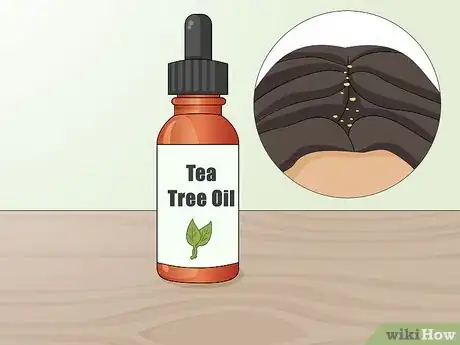
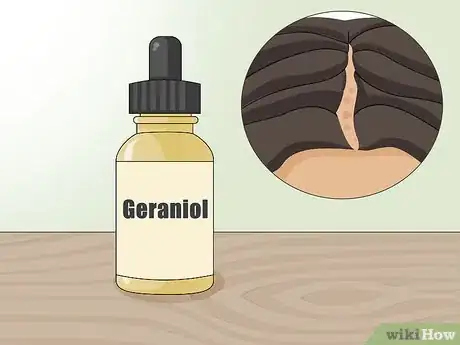
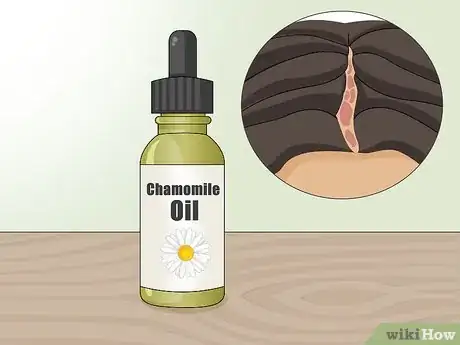
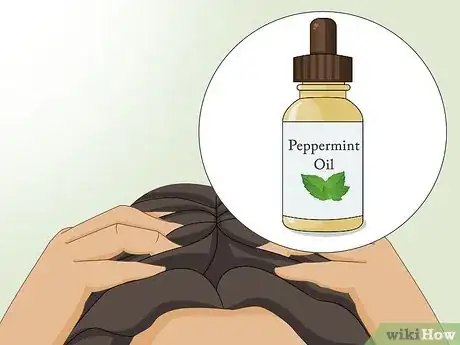
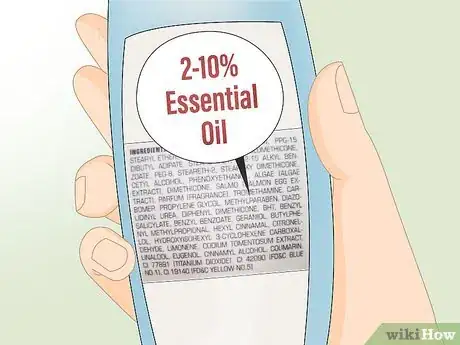

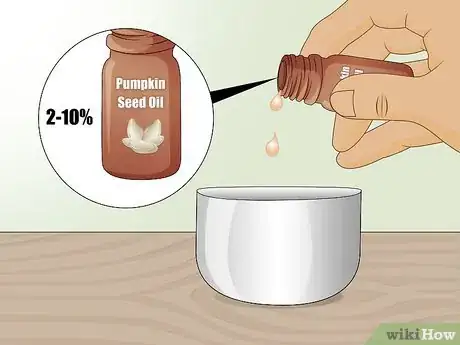
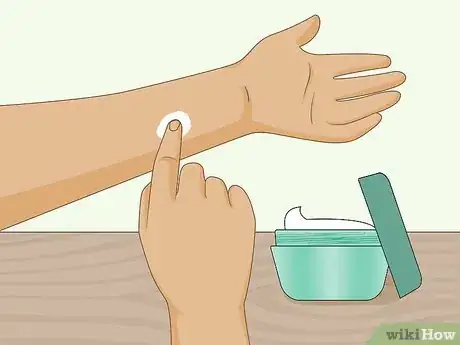
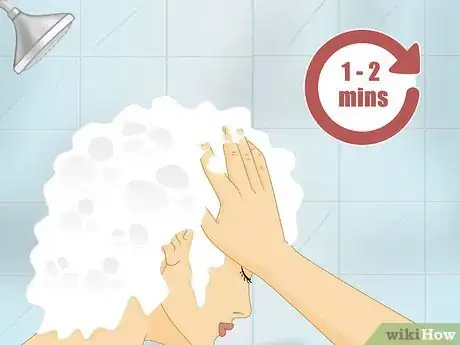
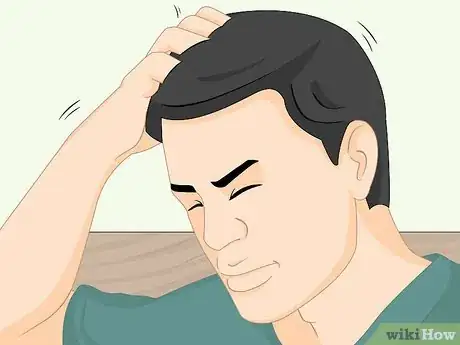
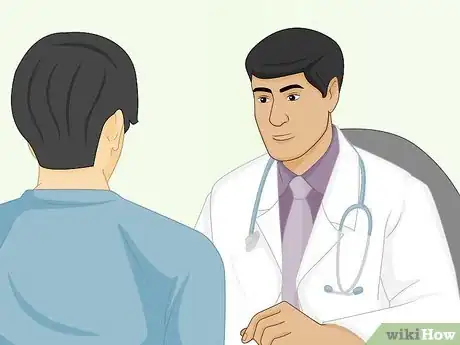
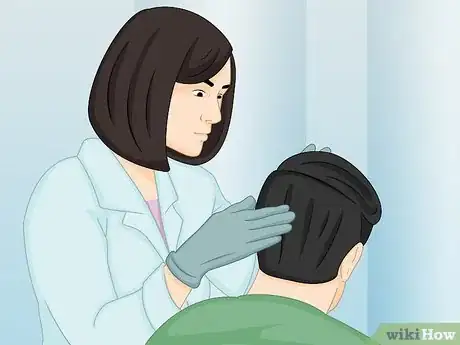
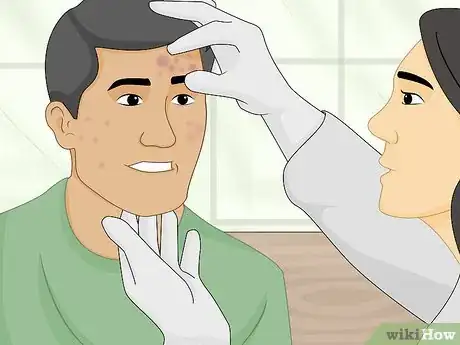
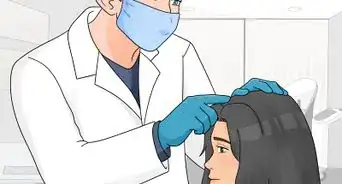

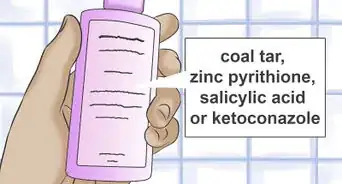


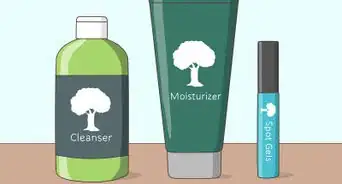
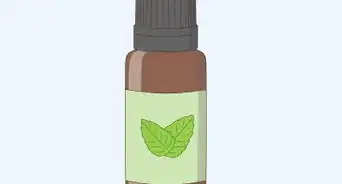
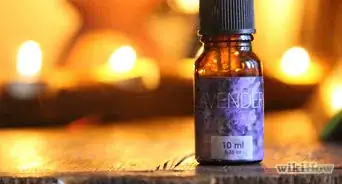

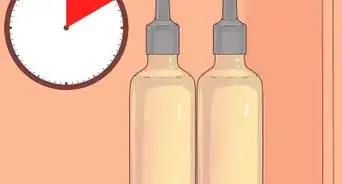
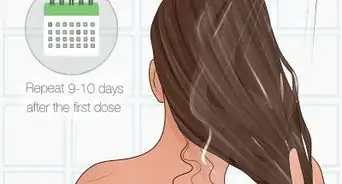








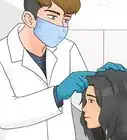

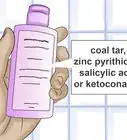




































Medical Disclaimer
The content of this article is not intended to be a substitute for professional medical advice, examination, diagnosis, or treatment. You should always contact your doctor or other qualified healthcare professional before starting, changing, or stopping any kind of health treatment.
Read More...